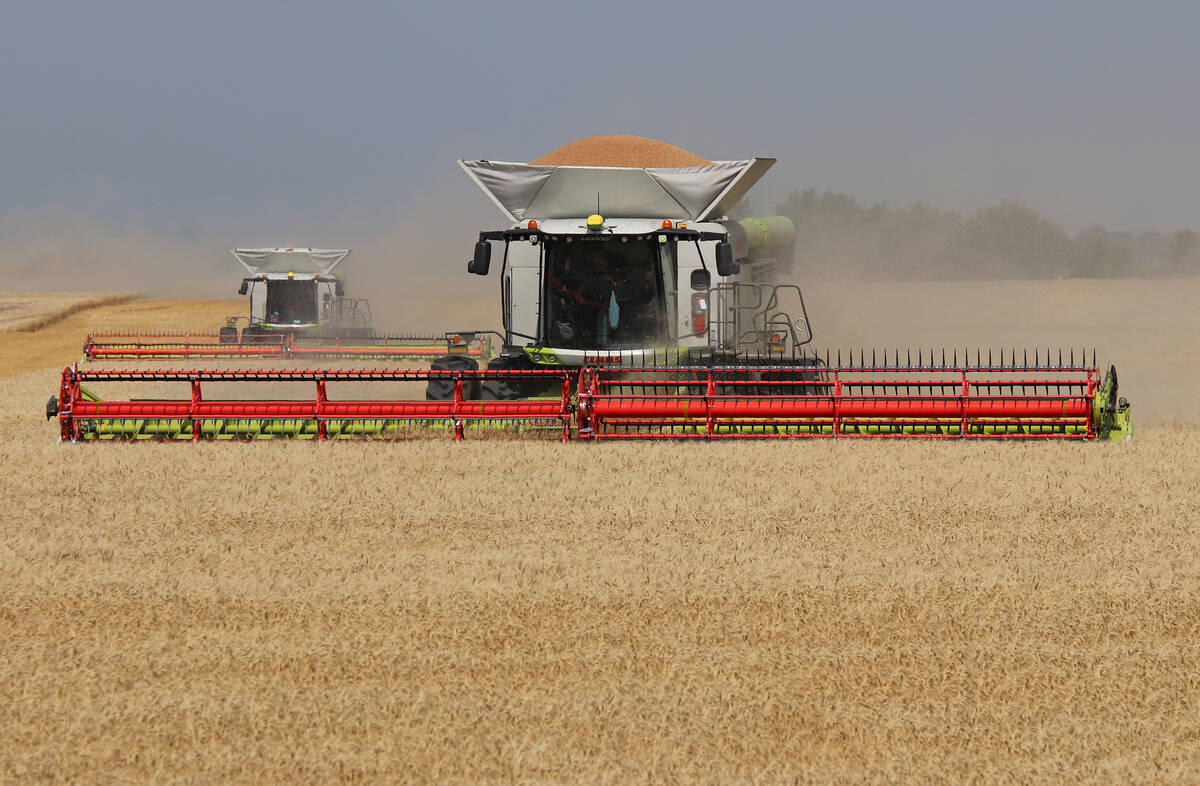GATINEAU, Que. – Biofuel should be praised for its contribution to the developing world rather than vilified for stealing food from the mouths of the poor, says an industry consultant.
Over the past 20 years countries belonging to the Organization for Economic Co-operation and Development have spent $5.4 trillion on agricultural subsidies in an attempt to raise crop prices beyond the cost of production.
“We solve what we’ve been working on for 20 years and nobody celebrates,” said Donald O’Connor, president of (S&T)2 Consultants Inc., a firm that provides advice on alternative energy and the environment to the private sector and government agencies.
Read Also

China’s grain imports have slumped big-time
China purchased just over 20 million tonnes of wheat, corn, barley and sorghum last year, that is well below the 60 million tonnes purchased in 2021-22.
The beauty of biofuel is that it raises the incomes of all farmers rather than only those living in countries that can afford to subsidize agriculture.
The developing world has not been able to keep pace with the subsidies offered in OECD countries.
In addition, during the 1980s and 1990s, governments in developing countries have been forced to dismantle agricultural banks that used to finance crop inputs and disperse new technologies.
The net result has been a widening of the agricultural productivity gap.
Boosting prices across the board will help address the productivity gap if accompanied by policies that provide farmers with assistance in acquiring inputs, technologies and better varieties.
O’Connor, who was a featured speaker at the fifth annual Canadian Renewable Fuels Summit, said data clearly show that increasing agricultural productivity decreases poverty rates in poorer countries.
In addition, it would increase food security and create employment opportunities that will help reverse the rural-to-urban flow in developing countries.
But instead of celebrating what the biofuel sector has done for farmers, the food versus fuel debate sidetracked the issue, placing the blame for rising food costs squarely on the shoulders of the biofuel sector.
Biofuel producers countered that the oil industry was the real culprit.
Lost in the war of words is O’Connor’s contention that farmers in the developing world benefited from the increased global demand for their product, which mopped up some of the surplus.
“We had this wonderful opportunity to discuss the real problems facing agriculture and we wasted it all talking about what really isn’t a problem,” he said.
What transpired in 2008 provided a chance to accelerate world agricultural reform by focusing on what has been the problem all along.
“The real issue is how do we increase demand? It’s not how do we increase supply,” said O’Connor.
OECD member countries have been working on agricultural reform by trying to reduce agricultural supports since 1988, but reform has been slow.
There needs to be a transition to a world where there is no government interference in the agricultural marketplace and where people everywhere are making a living producing food, said O’Connor.
That will only happen by expanding demand.
“We need to have biofuels,” he said.















